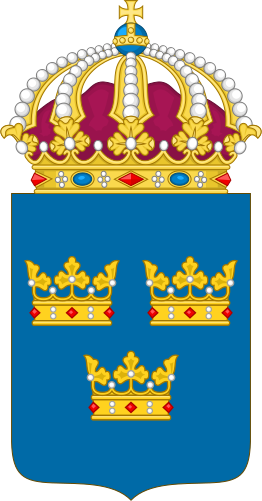Government of Odisha (India)
The Government of Odisha (formerly Orissa, one of the 29 states of India) and its 30 districts consists of an executive, led by the Governor of Odisha, a judiciary, and a legislative branch.
Like other states in India, the head of state of Odisha is the Governor, appointed by the President of India on the advice of the Central government. His or her post is largely ceremonial. The Chief Minister is the head of government and is vested with most of the executive powers. Bhubaneswar is the capital of Odisha, and houses the Vidhan Sabha (Legislative Assembly) and the secretariat.












